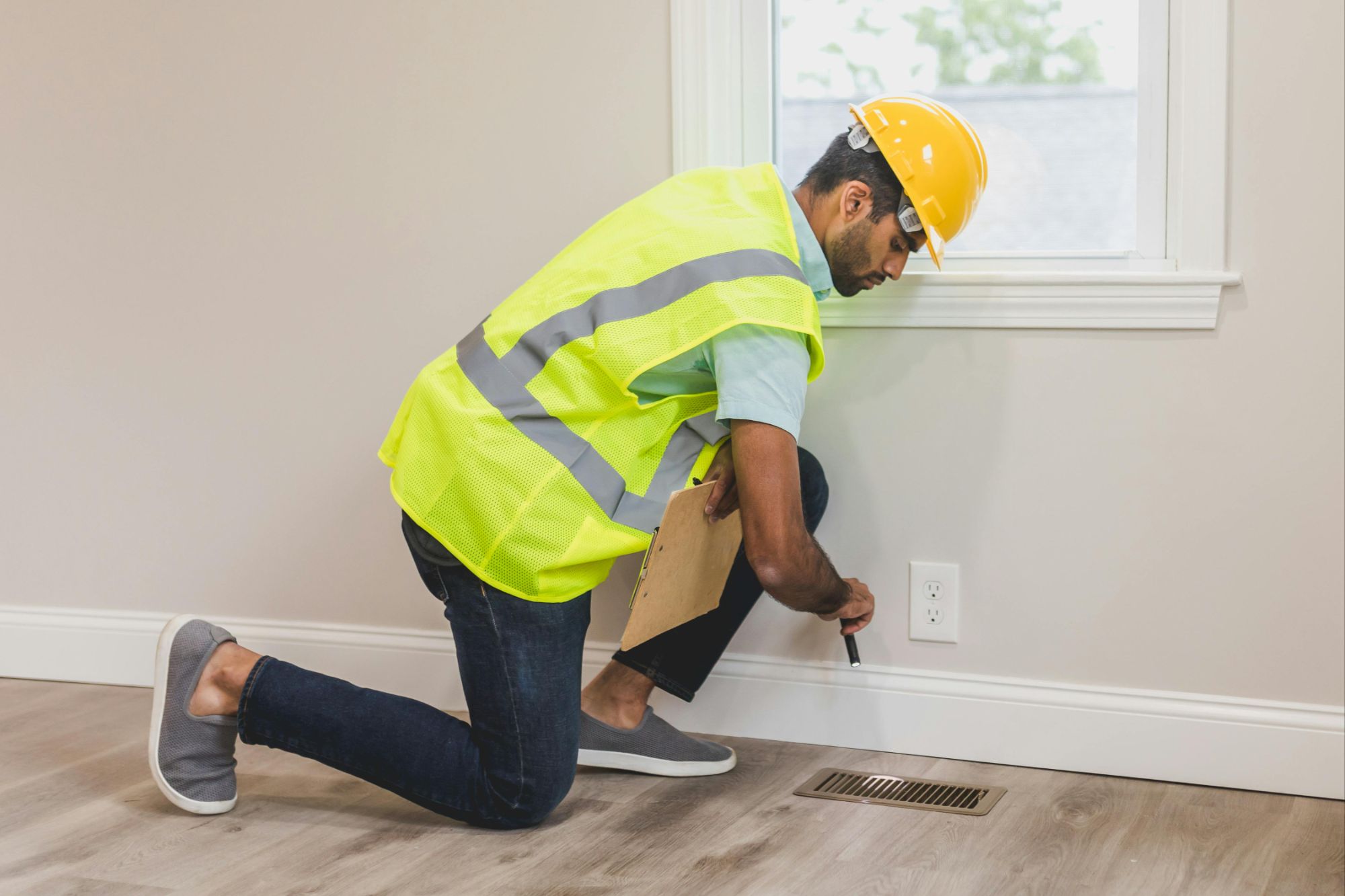Red Flags to Watch Out During a Home Inspection


Buying a home is an exciting milestone in anyone's life, but it's also a significant financial investment. To protect your investment, a thorough home inspection is crucial. During this process, a trained professional evaluates the condition of the property, ensuring that there are no major issues that could become costly repairs down the line. However, it's important to keep an eye out for red flags during a home inspection that could indicate potential problems. In this blog post, we will explore some common red flags that buyers, investors, and those considering new construction should watch out for.
One critical aspect of a home inspection is the inspection of the septic tank. Septic systems are responsible for processing and disposing of wastewater, and if not properly maintained, they can lead to costly repairs. During the inspection, ask the inspector to thoroughly evaluate the septic tank's condition, including checking for any signs of leakage or blockage. If any issues are found, it's essential to address them promptly to avoid future complications.
Another crucial consideration is the inspection of well water. If the property relies on a well for its water supply, having the quality and safety of the water tested is vital. The inspector should check the well's construction, assess water flow, and perform a water analysis to ensure it meets health standards. If any concerns arise during this evaluation, it's essential to address them with the seller or seek professional advice.
Roof problems can be a significant headache for homeowners, so it's crucial to carefully examine the roof during the inspection. The inspector should check for missing or damaged shingles, signs of water damage, and the overall condition of the roof's structure. Any issues with the roof could lead to leaks, mold growth, or even structural damage if not addressed promptly.
The foundation of a home is its backbone, and any issues with it can be costly to repair. During the inspection, the inspector should evaluate the foundation for cracks, signs of settling, and water damage. These can indicate potential structural problems that need immediate attention. Ignoring foundation issues can lead to significant problems down the line, such as sagging floors or walls.
The electrical wiring in a home is another area that should be thoroughly inspected. Faulty or outdated wiring can be a safety hazard and may require rewiring or other electrical upgrades. The inspector should check the condition of the electrical panel, outlets, and wiring throughout the property. Addressing any electrical issues during the inspection can help prevent electrical fires or other dangerous situations.
The HVAC system is a vital component of a comfortable home, so it's important to have it inspected as well. The inspector should evaluate the heating and cooling systems, check for any leaks or malfunctions, and assess the overall efficiency of the system. If the HVAC system is outdated or in poor condition, it may require expensive repairs or replacement, so it's crucial to consider these factors before finalizing a purchase.
Termite damage can be a nightmare for homeowners, causing extensive damage if not detected and treated promptly. During the inspection, the inspector should search for signs of termites or other wood-destroying insects, such as mud tubes, damaged wood, or insect droppings. If any evidence of infestation is found, it's essential to consult with a pest control professional to assess the extent of the damage and discuss treatment options.
In addition to these specific areas of concern, it's also important to consider the overall thoroughness and expertise of the home inspector you choose. Look for an inspector who is licensed, experienced, and comes recommended by trusted sources. They should provide a detailed report of their findings and be available to answer any questions or address concerns you may have.
In conclusion, a home inspection is a critical step in the process of buying a home, investing in real estate, or considering new construction. By keeping an eye out for red flags such as issues with the septic tank, well water, roof, foundation, electrical wiring, HVAC system, and termite damage, you can ensure that you are making an informed decision and protecting your investment. Remember to choose a qualified home inspector who will provide a thorough evaluation and report. With careful consideration and attention to detail, you can confidently move forward in your real estate journey.
Categories
Recent Posts











"Molly's job is to find and attract mastery-based agents to the office, protect the culture, and make sure everyone is happy! "
